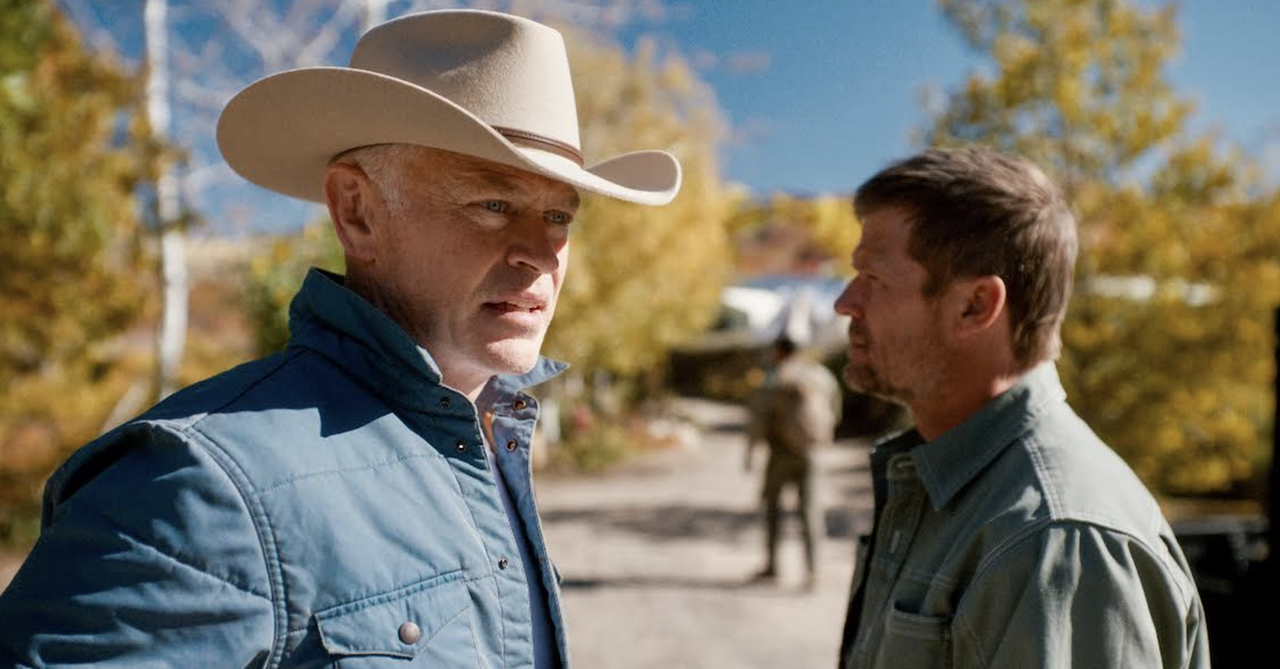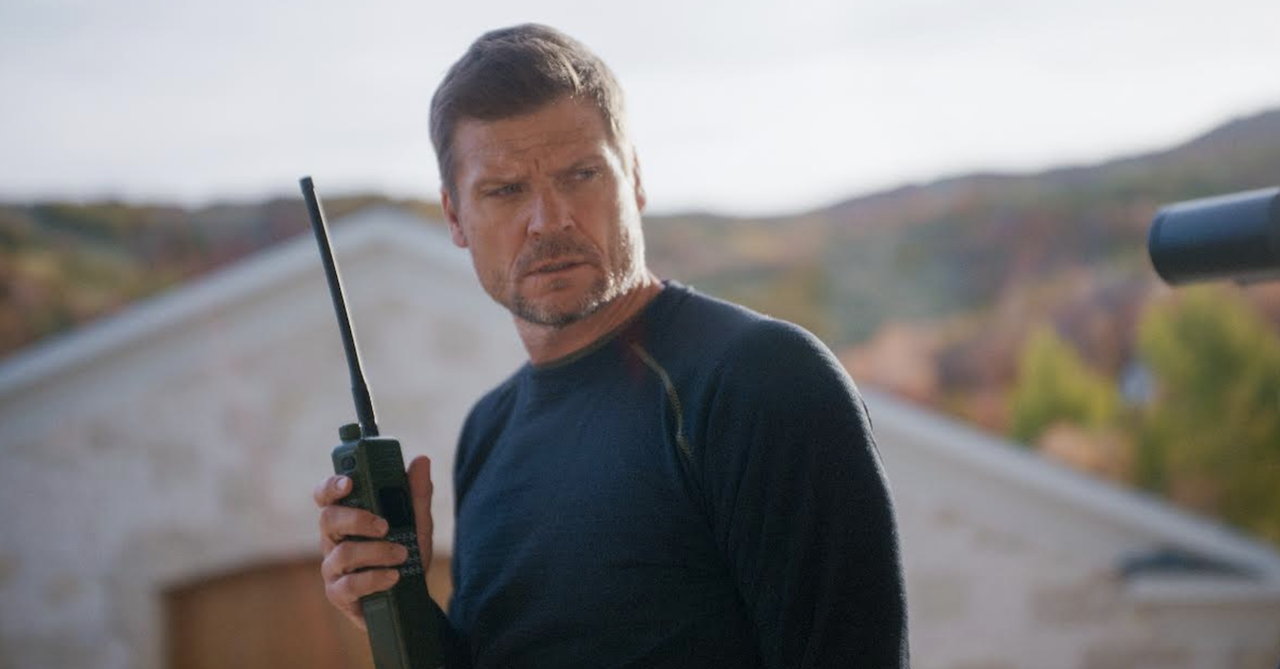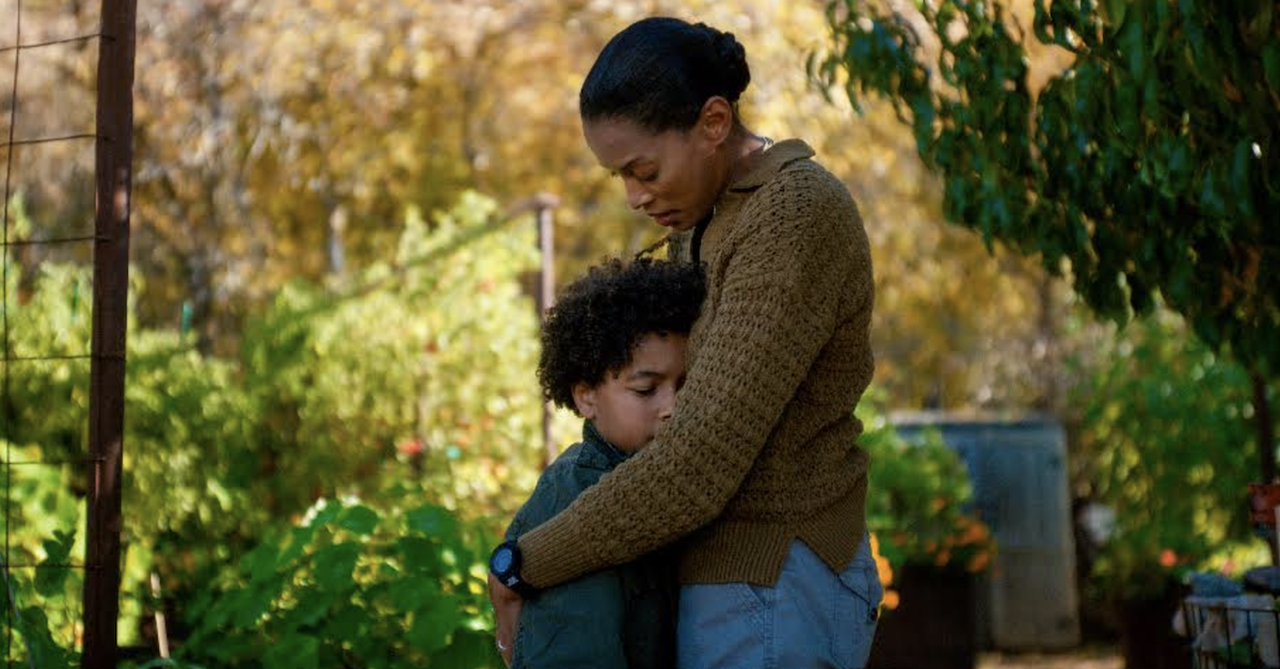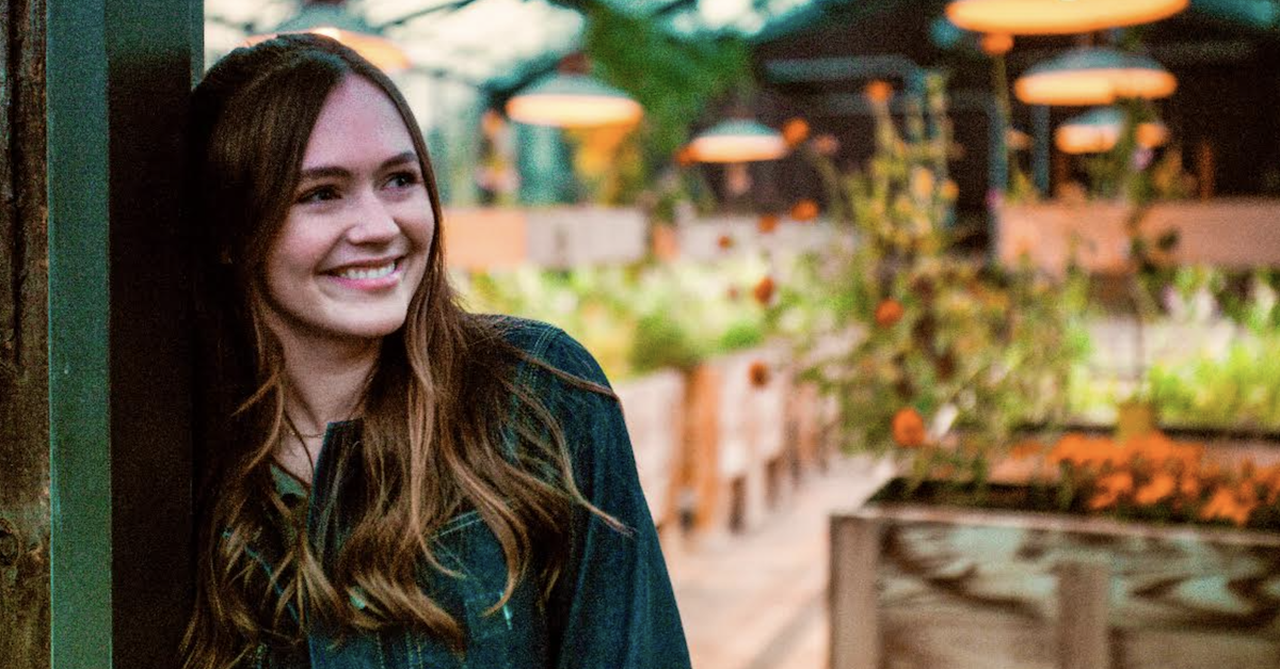3 Reasons Homestead Is Angel Studios’ Best Movie Yet

Ian Ross is a man with a plan.
A homesteader, Ross has everything he and his family need to survive if society collapses. He has a stockpile of food, a farm, fences, and ammunition. He also has a security team.
So when terrorists detonate a nuclear bomb off the coast of Los Angeles—sending the West Coast into a maelstrom of chaos —Ross is ready. He invites his family members. He invites a few friends, too.
In theory, Ross and this group of preppers can survive indefinitely by growing their own food each summer and preserving it for the winter. Then again, few plans unfold without complications. His problems begin when dozens of unprepared neighbors line up outside his gate, desperately begging for assistance. The situation escalates when the local police—under the orders of a power-hungry government official—demand that Ross surrender his food supplies so they can be distributed to others.
What will Ross do?
The new movie Homestead (PG-13) follows the story of Ross and his family, who face difficult choices and moral dilemmas as they struggle to survive. The film was released by Angel Studios, the same company behind Sound of Freedom, Cabrini and Sound of Hope—three excellent movies that inspired audiences around the world. Homestead, though, is Angel's best movie yet.
Here are three reasons why:
Photo credit: ©SWN/Angel Studios; used with permission.
1. It's a Gripping Thriller from Beginning to End

1. It's a Gripping Thriller from Beginning to End
SLIDE 1 OF 3
What if I had told you in 2019 that toilet paper would be a hot commodity the following year? The pandemic exposed the fragility of our society's supply chain, revealing how quickly essential goods can vanish when panic and disruption strike. Of course, we see this on a much smaller scale when bread disappears from store shelves during a run-of-the-mill snowstorm.
But what happens if the power grid goes down for days or weeks? How will our society function when gas stations -- which rely on electricity -- no longer operate?
That's the scenario in Homestead, a film that imagines an America under attack on multiple fronts. A nuclear explosion plunges the West Coast into chaos, while a cyberattack on the East Coast cripples the power grid. Suddenly, homesteaders, preppers, and farmers are the heroes of survival.
The film shows us the ugly aftermath. Shoppers fight for scarce resources. Desperate mobs loot stores. Fires rage unchecked.
Ross's homestead is an oasis in the middle of the chaos. It has an orchard, a fish pond, and electricity.
Packed with suspense, Homestead highlights the mounting tension as Ross' neighbors gather outside his gate—dirty and disheveled—begging for help. ("We're starving to death," one father pleads through the fence.) The tension escalates further when two men with rifles are spotted on a nearby hill. Are they threats looking to raid the homestead? Or are they innocent hunters who have lost their way?
It has a solid cast led by Neal McDonough, Jesse Hutch, Bailey Chase, Dawn Olivieri, and Susan Misner.
Photo credit: ©SWN/Angel Studios; used with permission.
2. It Raises Thought-Provoking Questions about Faith

2. It Raises Thought-Provoking Questions about Faith
SLIDE 2 OF 3
The Bible commands Christians to "count others more significant than yourselves." Homestead offers a nod to Scripture and then places its heroes into a seemingly impossible situation. How do you respond to your neighbors when your stockpile of food is barely enough to sustain your own family?
That's the question Ross faces from the start when neighbors he knows well—neighbors with whom he likely shared meals and stories—begin lining up outside his gate.
The various responses to this ethical dilemma are embodied in the characters. Ross (McDonough) is a kind-hearted man who wrestles with guilt over his decision despite begrudgingly turning his neighbors away. Jeff Eriksson, the leader of his security team, represents the opposite extreme. Unflinching, Eriksson wouldn't hesitate to use force against anyone attempting to steal food. ("These people are refugees now," he tells Ross.) Ross' wife, Jenna, offers another perspective: She believes the gates should be opened and the neighbors allowed to live within the compound.
Director Ben Smallbone said the film's plot is both timely and thought-provoking.
"It's easy to love your neighbor when you have resources to love your neighbor with. But what if all of that is taken away?" Smallbone told Crosswalk. "[What about] in times of nothing and the grid goes down, and your food and resources and the grocery stores are closed -- how do you take care of people around you? Or how do you take care of your neighbor when your neighbor might threaten the life of yourself or your children? And I think [the move opens up] some of these conversations and the way they connect to where we are today as a country and as a world with threats, unlike anything I've experienced in my lifetime."
At the beginning of the film, a narrator offers a chilling observation that has eerie modern-day relevance: "Technology had become our God. And we worshipped at the altar of convenience and ease."
Throughout the ordeal, the group faces an information blackout, with no way of knowing how the rest of America is coping. There's no Internet, no cell phones, and no news broadcasts. Shortwave radio becomes the only source of communication, but the information it provides is sparse. Is FEMA on its way with assistance? No one knows.
Homestead is a story filled with faith, seen largely through the character of Jenna Ross, who rejects the notion that the homestead cannot feed her neighbors. ("My God is bigger than the math.”)
Photo credit: ©SWN/Angel Studios; used with permission.
3. The Story Continues After the Credits Roll

3. The Story Continues After the Credits Roll
SLIDE 3 OF 3
The final moments of Homestead are both satisfying and suspenseful. When the credits roll, you're left wanting more. The good news? There is indeed more to come. The film is part of a larger Homestead universe that continues—immediately—at Angel.com with the Homestead TV series. The first two episodes are already online.
"I love how unorthodox the concept of what we're doing is," Smallbone said. "There's a beautiful, hopeful ending to the film. But there's so many questions that continue and a lot of them are answered in the next two episodes."
Homestead is the most realistic depiction yet of a grid-down, societal chaos scenario. Thankfully, it's also the most family-friendly. (The Book of Eli, for example, was inspirational but also rated R.) The series contains no sexuality or coarse language. It gets its PG-13 rating for violence and thematic elements.
The cast is exceptional, the story is gripping, and the music is perfect. It's an authentic portrayal that immerses you completely in its world. Angel has released several great movies, but this is the best one yet.
Rated PG-13 for some violence and thematic elements.
Entertainment rating: 5 out of 5 stars.
Family-friendly rating: 4 out of 5 stars.
Photo credit: ©SWN/Angel Studios; used with permission.
Michael Foust has covered the intersection of faith and news for 20 years. His stories have appeared in Baptist Press, Christianity Today, The Christian Post, the Leaf-Chronicle, the Toronto Star and the Knoxville News-Sentinel.
Listen to Michael's Podcast! He is the host of Crosswalk Talk, a podcast where he talks with Christian movie stars, musicians, directors, and more. Hear how famous Christian figures keep their faith a priority in Hollywood and discover the best Christian movies, books, television, and other entertainment. You can find Crosswalk Talk on LifeAudio.com, or subscribe on Apple or Spotify so you never miss an interview that will be sure to encourage your faith.
Originally published December 20, 2024.









